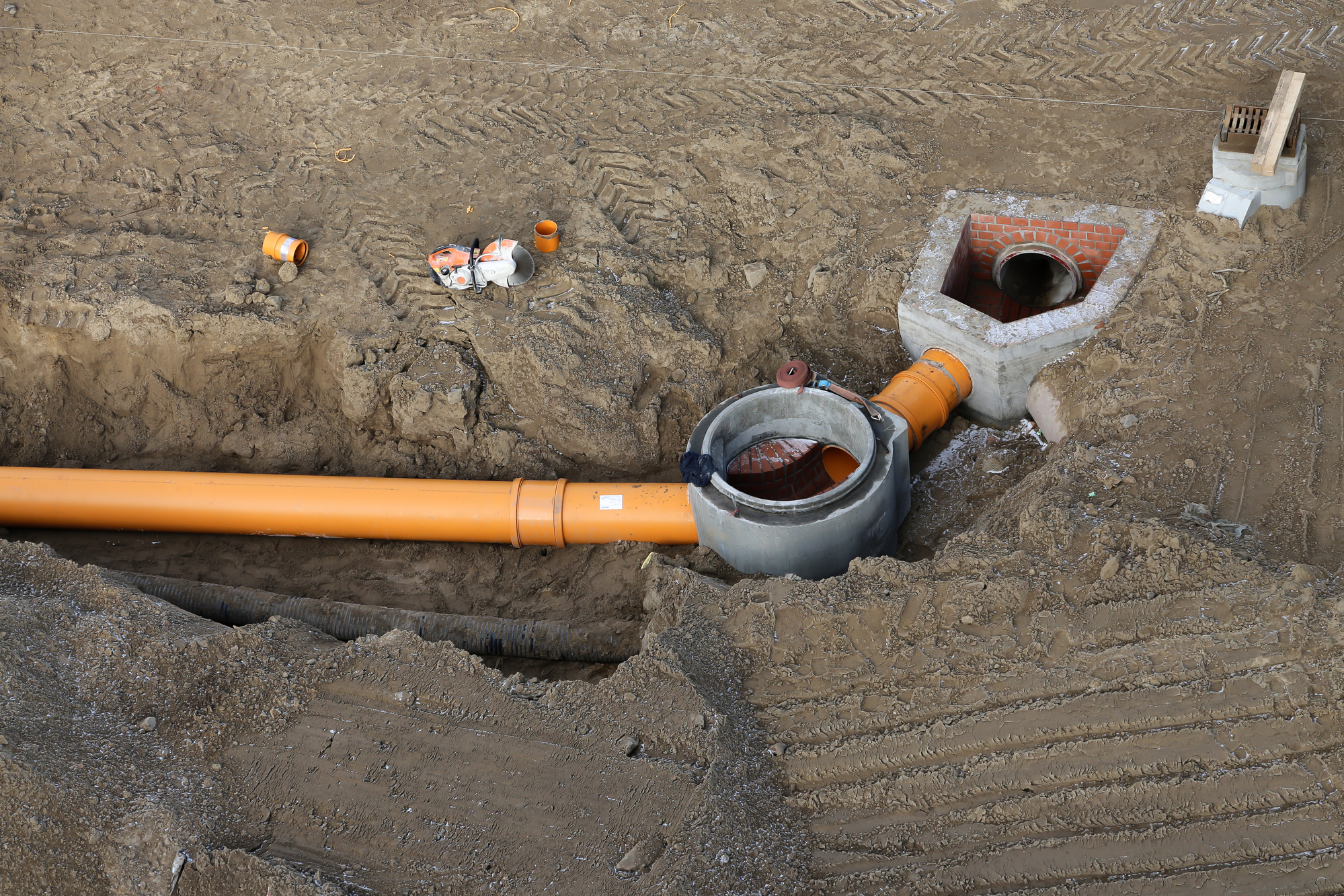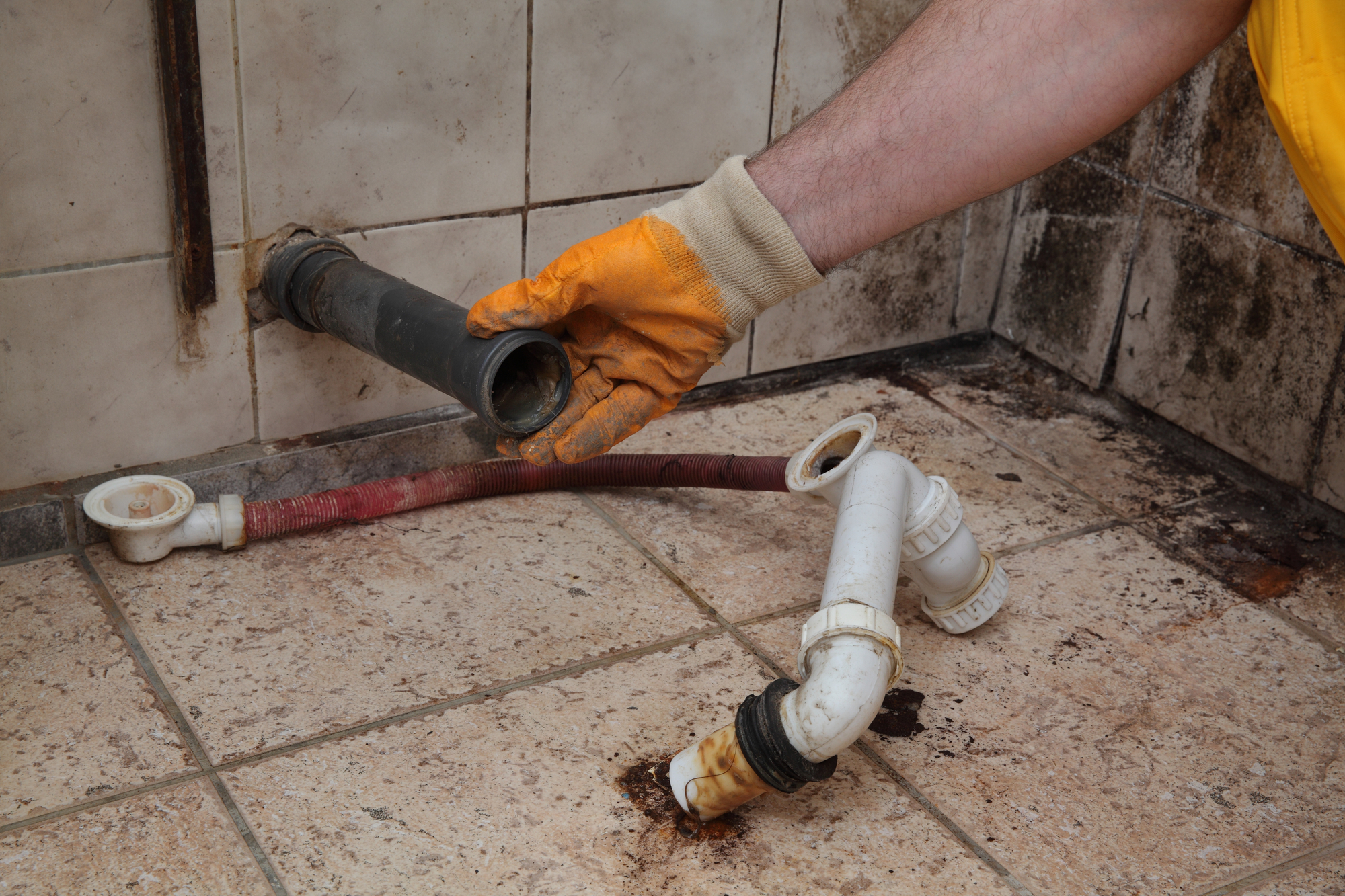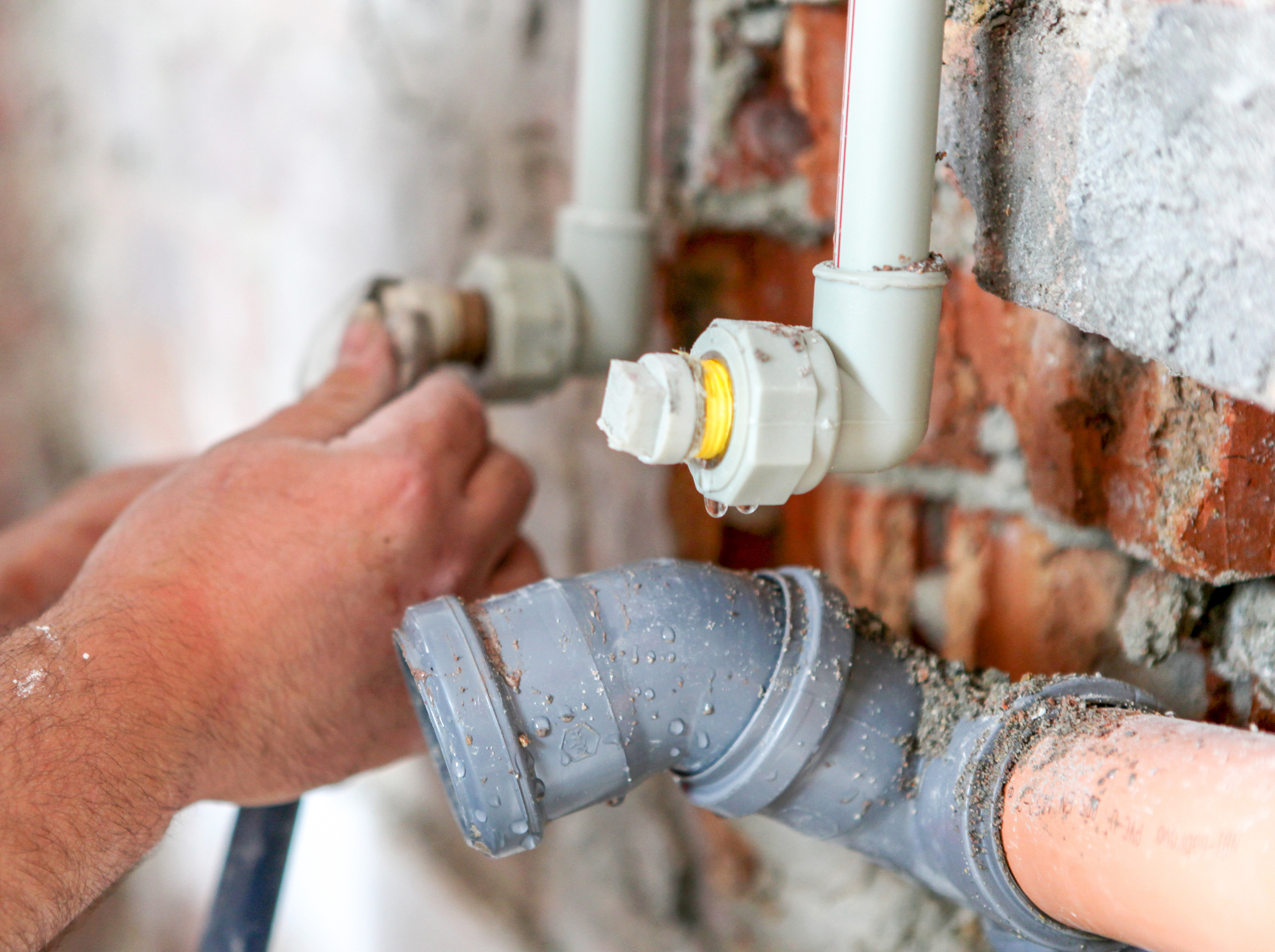As a trusted local plumber, I can’t stress enough the importance of regular plumbing inspections. They are essential for the smooth functioning of your home’s plumbing system. This article aims to educate you on the significance of regular plumbing inspections, what they involve, and the benefits they offer in the long term.
Contrary to the popular notion, plumbing inspections aren’t just for old or problematic systems. Even if your home is relatively new and you haven’t encountered any significant plumbing issues so far, periodic inspections can save you from unexpected plumbing emergencies. Let’s delve into what a plumbing inspection involves.
What does a Plumbing Inspection involve?
During a plumbing inspection, a professional plumber examines every part of your plumbing system. This includes water supply lines, pipes, drains, faucets, valves, and sewer lines. They also check for leaks, rust, corrosion, and other signs of damage or wear. Water heaters and other plumbing appliances also undergo an inspection.

If your property uses a septic system, it too gets inspected for leaks, clogs, and damage. Quite simply, a plumbing inspection is a thorough health check for your home’s plumbing system.
Benefits of Periodic Plumbing Inspections
Here’s why you should consider scheduling periodic plumbing inspections.
1. Avoiding Plumbing Emergencies: Emergency plumbing issues can be quite detrimental to your home and can incur sizable repair costs. These emergencies often stem from small problems that went unnoticed. Regular inspections can identify potential issues and ensure they get addressed before they become a substantial problem.
2. Extending the Lifespan of Plumbing Systems: Regular services and checks can extend the lifespan of your appliances and pipes. This, in turn, saves you the cost and hassle of frequent replacements.
3. Improving Water Quality: An inspection can detect contaminants in your water supply, ensuring you and your family are consuming safe, clean water.

4. Lower Utility Bills: Detecting and fixing minor leaks can help reduce your water bills.
How often should you have a plumbing inspection?
Ideally, you should get a plumbing inspection once a year. Older properties might need more frequent checks due to their age and likelihood of failing systems. If you notice unusual noises, leaks, or fluctuations in your water pressure, get an inspection as soon as possible.
In conclusion, regular plumbing inspections are undoubtedly a smart investment for any sensible homeowner. They help you maintain an efficient plumbing system, prevent major damages, and promote healthy sanitation in your home.
If you need professional inspection services or have any questions about your plumbing system, don’t hesitate to get in touch with us. Our team of well-trained and reliable plumbers is always ready to help.






